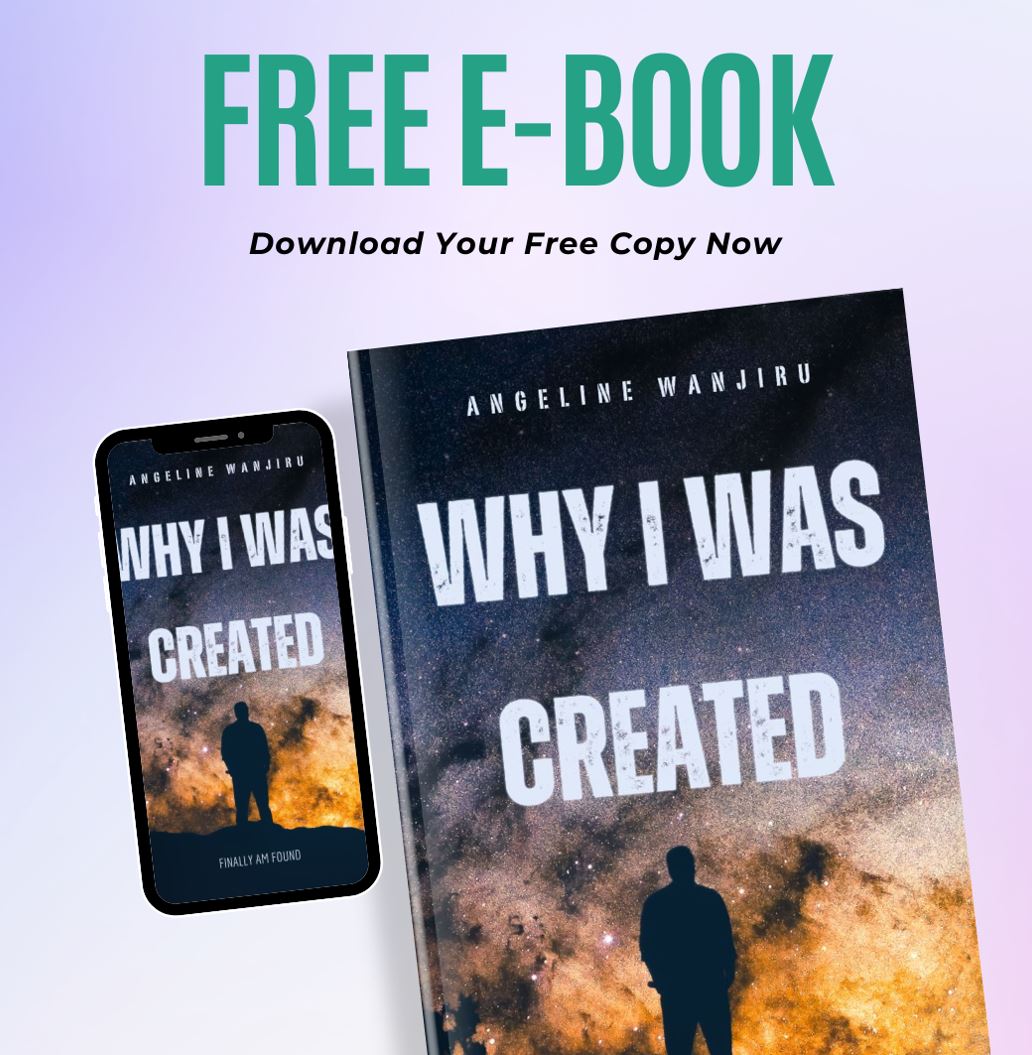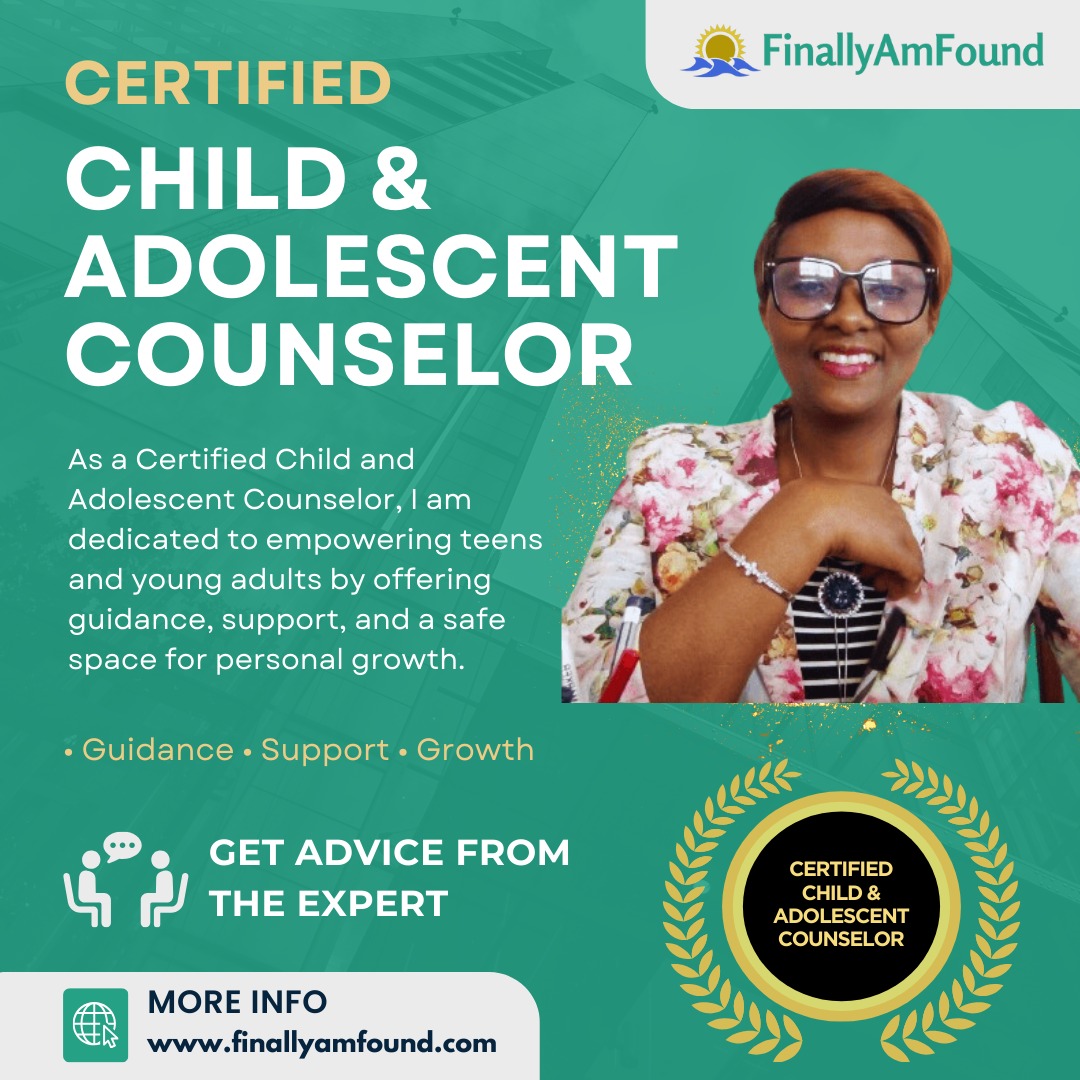Understanding Financial Literacy
Financial literacy is the understanding and effective use of your money. It is the knowledge to make informed decisions that empower you to take control of your finances now and in the future. This helps you make smart choices about how you spend, save, and invest your money. This is especially important for teenagers and young adults who are about to become independent.
Unfortunately, many countries do not include financial literacy in their school curriculum, and parents may be unable to help because they went through the same systems, and it’s also not part of most family traditions. Therefore, as a young person, you need to take the initiative and strive to gain the necessary knowledge and skills as early as possible. Additionally, in the future, advocate for the integration of financial literacy in school curricula and family traditions for future generations, as it is a valuable life skill. Financial literacy empowers you to make informed money decisions, setting a strong foundation for the future. Whether it’s understanding the basics of budgeting, saving, or investing, this knowledge provides the skills needed to navigate the complexities of the modern financial world.
Understanding Money
What is money? Money is a tool/resource that empowered individuals use to fund their plans, projects, and even purpose. In a world driven by financial transactions and economic decisions, the concept of money often takes center stage. But what is money, really? It is a means to achieve goals, create opportunities, and make a positive impact on you and others. However, it is essential to have a healthy relationship with money, recognizing it as a tool and not allowing it to become the master of your life.
When money becomes the primary focus of one’s life, it can lead to greed, materialism, and a lack of concern for the well-being of others (the root of evil). This can result in unethical behavior, such as dishonesty, exploitation, and a lack of empathy for those who are less fortunate, and the list is endless. Therefore, it is essential to view money as a means to an end, rather than an end in itself. By using money wisely and responsibly, you can create a fulfilling and meaningful life, while also making a positive impact on the world around you.
Maintaining a Healthy Relationship with Money
To maintain a healthy relationship with money, it’s important to first understand yourself as a young person. Take the time to reflect on who you are, and your values with or without money, because your sense of worth should never be tied to your bank account balance or the availability of financial assets. Are you passionate about creative pursuits, exploring new cultures, helping others, or about family, friends, or health? This will guide your financial decisions. What is contentment for you? A sense of inner peace and well-being without feeling the need to constantly accumulate more? What is your ideal life?
Examine Past Money Traumas
Examine your past traumas about money. Were you raised in a frugal household or one where money flowed freely? Was money a source of evil, hate, and anger? Consider whether these beliefs are serving you well or holding you back. For example, do you believe that money is the root of all evil or that it is a tool to be used wisely?
Challenge Limiting Beliefs
Do you believe you’ll never have enough money because someone said no one in your family ever had sufficient, or that you can create abundance in your life? Is it your belief that lacking means you are cursed or someone has bewitched you? Perhaps you think those with plenty are devil worshipers, or do you believe that God is the source of all wealth? Do you believe women shouldn’t own anything in terms of money and assets, or that they can’t be successful entrepreneurs or investors like their counterparts?
Reflect on Emotional Influences
Your own experiences and emotions, such as a poor mindset, fear, guilt, or shame, may affect your relationship with money. These experiences shape how you view saving, spending, and debt, whether you lack or have plenty of it. Also, ask yourself who you admire in the money arena. What qualities do they possess? Additionally, introspect on your aspirations, weaknesses, and strengths about money, and what your desired lifestyle is. Understanding these aspects of yourself will help you develop a more mindful and balanced approach to managing your finances.
The Power of Money
Ultimately, money is a tool that can be used for good or evil, depending on how it is managed and prioritized. By recognizing its power and using it wisely, individuals can create a balanced and fulfilling life that aligns with their values and goals. Note that contributing to something meaningful, such as volunteering, mentoring, or pursuing a purpose, can also bring a sense of fulfillment and satisfaction. By making a positive impact on the world, individuals can feel a sense of pride and accomplishment that goes beyond material possessions. When you view money as a tool, you acknowledge its intrinsic purpose – to facilitate the realization of your aspirations. Whether it’s starting a business, pursuing an education, supporting a cause, or building a home, school, or company, money provides the necessary resources to turn ideas into tangible reality.
Empowering Yourself Financially
Empower yourself with the right mindset towards money and use it as a tool to live a fulfilling and purposeful life. As you journey through life, your financial responsibilities will grow. By developing good money habits early on, you’ll be well-equipped to manage any financial situation that comes your way. Remember, life is unpredictable, so make sure to let the world benefit from your value today as they benefit you. Keep in mind that different stages of life have different priorities. What is crucial now may not hold the same importance in your mid or late adulthood. Take the time to master the art of managing your finances wisely, setting yourself up for success.
What is Financial Freedom?
Financial freedom means being able to live a satisfying life without the burden of financial stress or debt in later years chosen by you. It’s about covering all your expenses and maintaining your desired lifestyle, not necessarily about having millions in the bank. Financial independence gives you the freedom to pursue your passions, such as starting a business, traveling, getting an additional degree, helping others, having a comfortable living space, or pursuing hobbies. It’s about living comfortably and affording the things that matter to you, not what society perceives as wealth. It provides the peace of mind and flexibility to chase your dreams without being tied to a job or business you dislike just for the paycheck.
Financial independence is not limited by age; it’s about understanding your financial situation, setting realistic goals, and consistently working towards achieving them. It involves taking a series of proactive steps to secure your financial future and reduce your dependence on earned income. This can be accomplished by building a solid emergency fund, eliminating high-interest debt, investing in a diversified portfolio, and consistently saving a significant portion of your income. Additionally, exploring alternative income streams, such as rental properties, dividend-paying stocks, or starting a side business, can help accelerate your path to financial freedom. Creating and adhering to a well-thought-out financial plan is essential, as is continually educating yourself about personal finance, choosing what works for you, and maintaining discipline in your spending habits, balancing living below and within your means. Ultimately, financial freedom is the result of consistent effort, smart decision-making, and patience.
Where Can a Young Person, Including a Teen, Start?
Know Your Goal/Vision
Answering your “why” you want to know or have financial literacy as a young person. What drives your desire to gain financial literacy as a young person? Answering your “why” is the key to unlocking the power of financial knowledge. Understanding the purpose and vision behind your desire to attain financial literacy as a teenager or young adult is crucial. Understanding the reasons (“why”) behind your goals provides clarity and motivation, guiding you towards a deeper appreciation of the importance of financial literacy from a young age.
It could be the desire for financial independence, the aim of pursuing advanced education without a debt burden, the vision of starting a creative business, or the goal of mastering investment tactics to build successful portfolios. It could also be addressing financial challenges in your family now and in the future, traveling to new places, building a home for your parents after school, owning a desired vehicle, achieving early retirement at 40 for leisure activities, contributing to the community, and creating a meaningful impact. Understanding this “why” acts as a potent driving force.
Recording Book
Having a book, whether physical or digital, to record and write down your financial goals, budget, and progress can help you stay organized, accountable, and motivated as you work towards your financial priorities.
Learn About Financial Concepts
Read Books and Articles
Libraries and the internet are full of resources on personal finance and wealth building targeted towards young people.
Talk to Financially Savvy Adults
Ask parents, relatives, or mentors for advice and insights on investments like bonds, bills, REITs, mutual funds, emergency funds, insurances, stocks, businesses, banks, debt management, and more.
Online Resources
Look for websites and YouTube channels geared towards financial education. Many reputable banks and financial institutions offer educational resources.
Start Small
Practice with your allowance money as a teen. Plan, set goals, and budget to track your income and expenses. This can help you understand where your money is going. Save and invest, and with time you will see the fruits. Remain focused and disciplined. For those who are already in the workforce, remember there is no small money, and the best time to start is now.
Open a Savings Account
Talk to your parents about opening a savings account. This allows you to store your money safely and potentially earn interest.
Stay Informed
Stay informed about the current market and the economy. This can help you make informed decisions about your investments and avoid common mistakes.
Avoid Impulsive Decision-Making
Avoid impulsive decision-making, which can lead to poor financial choices and regret. Young people are prone to this. Impulsive decisions often stem from emotions rather than logic, causing individuals to overlook important factors and rush into choices they may later regret. It’s essential to take the time to weigh the pros and cons, seek advice from trusted sources, and consider the long-term consequences before making any financial decisions. This thoughtful approach can help you feel more confident and satisfied with your choices in the end.
Don’t Let Fear Hold You Back
Don’t let fear hold you back from learning and improving your finances. The fear of making mistakes or failing can stop young people from becoming financially literate. By conquering fear and taking action, you can grow your finances and achieve your financial goals. Remember, financial literacy is a lifelong journey with both successes and lessons. Stay focused, and the world will make way for you.
Don’t Forget to Live in the Moment
Remember the future isn’t guaranteed, and neglecting the present can leave you feeling empty. Find the balance; don’t allow the future to steal your joy now. More money doesn’t lead to more happiness. True fulfillment comes from relationships, experiences, and personal growth. Always give yourself a healthy break. Appreciate the little things: a delicious meal, a walk in nature, helping someone in need, a smile to a stranger, bartering at a bustling marketplace, listening to a local musician playing a unique instrument, a good conversation, spending time with loved ones, or simply relaxing, or having a candid talk with God in your meditation. Treat this as important as any work meeting or investment portfolio.
Be Contented
The feeling of satisfaction and peace with what you have isn’t solely dependent on the amount of material possessions or wealth you possess. It’s a state of mind that can be cultivated in both times of little and plenty. Being content does not mean giving up on your goals or aspirations, but rather finding joy and fulfillment in the present moment, regardless of the circumstances. It means appreciating what you have and making the most of it, rather than constantly striving for more or better. Lack of contentment can result in dissatisfaction and greed. You may constantly feel like you need more or better things to be happy.
This can lead to a never-ending cycle of wanting and never feeling truly satisfied, causing anxiety and stress, comparison and competition, and lack of gratitude. Contentment might seem like a reason to kick back and relax, but it actually unlocks a different kind of motivation. Instead of feeling pressured to chase possessions, contentment frees you to focus on what truly brings meaning to your life. So know how to live with little as well as much, by avoiding greed and pride, gratitude for abundance, and sharing your success.
Use your resources to support others, contribute to your community, and make a positive impact. Live a purposeful life, maintain balance, accept your circumstances, and find peace within yourself. Find joy even in simple pleasures. We agree with this verse: “I have learned to be content whatever the circumstances. I know what it is to be in need, and I know what it is to have plenty. I have learned the secret of being content in any and every situation, whether well fed or hungry, whether living in plenty or in want.” (Philippians 4:11-12)
Involve God in Your Plans and Pursuits
For guidance and expressing gratitude, pray for clarity and direction as you manage your money avenues and as you work towards your financial goals. Trust in God’s provision and believe that He will guide you towards financial success. He provides for every good cause: “God can give you more than you need, so that you will always have all you need for yourselves and more than enough for every good cause.” (2 Corinthians 9:8)
Prayer
My God, thank you for the resources you have given me and for the opportunity to learn and grow my finances. Help me to be a wise steward of the money and resources you have entrusted to me. Give me the wisdom and discernment to make informed decisions and avoid the traps of the evil one. May you always be my financial advisor as well as my master planner.
Help me impact the world in less and in plenty. May I always manifest the power, love, and self-discipline you require from me. Let me not be ruled by materialism or the desire for wealth, but rather by the desire to serve others, enjoy my purpose, and honour you with the resources. Let me remain humble in my successful endeavours. I thank you for your love, abundance, and grace, and as I grow financially, may I grow spiritually too. In Jesus Christ’s name, we pray, Amen.
Hey, I’m Angeline, your RN and founder of Finally Am Found. With a heart for mentorship, I’ve been guiding teens and young adults since 2017. As a Registered Nurse, I blend medical expertise with personal experiences to create a Christ-aligned space for self-discovery. Connect with Angeline on Facebook and let the journey to self-discovery begin!














